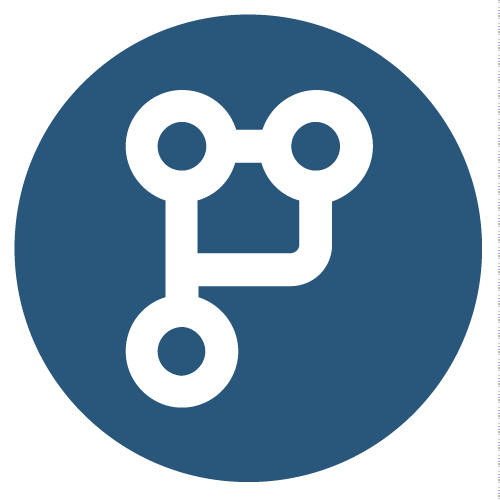
In the world of software development, the importance of code reviews cannot be overstated. These are critical moments where developers scrutinize each other’s code for errors, inefficiencies, and potential improvements. However, when faced with large, complex changes, the code review process can become a daunting task, leading to missed issues and a decline in overall code quality. This is where the strategy of making incremental changes, rather than large, sweeping updates, proves its value.
Understanding Incremental Changes
Incremental changes refer to the practice of making small, manageable modifications to the codebase, rather than large, comprehensive updates. This approach aligns with Agile methodologies, promoting continuous integration and delivery. By breaking down changes into smaller parts, developers can focus on specific aspects of the code, leading to more thorough reviews and efficient development.
Cognitive Load and Code Review
The concept of cognitive load is crucial in understanding the benefits of incremental changes. Cognitive load refers to the amount of mental effort being used in the working memory. In the context of code reviews, when a reviewer is confronted with a massive set of changes, the cognitive load increases significantly. This can lead to oversight, errors, and a general decrease in the effectiveness of the review process. By contrast, smaller changes are easier to comprehend and evaluate, reducing the cognitive load on the reviewer.
A study by Microsoft Research, “Expectations, Outcomes, and Challenges Of Modern Code Review,” highlights this issue. It found that one of the main challenges in code reviews is managing the complexity and understanding the context of changes. Incremental updates directly address this challenge by simplifying the review process.
Benefits of Incremental Changes
- Enhanced Focus and Quality: Small changes allow developers and reviewers to focus on specific areas of the code, leading to more thorough reviews and higher quality code.
- Faster Integration: Incremental changes can be integrated and tested more quickly, reducing the time to deployment.
- Easier Error Tracking: It’s easier to track down and fix bugs when changes are small and isolated.
- Better Collaboration and Learning: Incremental changes foster more frequent communication among team members, enhancing learning and collaboration.
Practical Examples
Let’s consider a real-world scenario. Imagine a team working on adding a new feature to a web application. Instead of developing the entire feature and then submitting it for review, the task is broken down into smaller parts: UI design, backend logic, database changes, and integration with existing features.
Example 1: User Interface Update
The developer first submits a pull request for the UI changes. This pull request includes minimal code, focusing only on the user interface elements. Reviewers can quickly assess the design, usability, and integration with the existing UI without being bogged down by backend logic or database concerns.
Example 2: Backend Logic Implementation
Once the UI is approved, the next pull request introduces the backend logic. This isolated review allows the team to focus solely on the efficiency, security, and scalability of the code, without the distraction of other components.
Example 3: Database Changes
Similarly, when it’s time to introduce database changes, a separate pull request is created. This approach is particularly beneficial as it allows for focused review on potential data integrity and performance issues.
Example 4: Integration and Final Testing
The final pull request involves integrating these components and ensuring they work seamlessly together. At this stage, the review is more about the overall functionality and less about the specifics of each component.
Challenges and Solutions
While incremental changes offer numerous benefits, they also present certain challenges.
Challenge 1: Overhead Management
With more pull requests, there’s an increase in administrative overhead. To manage this, teams can use tools like GitHub or GitLab that streamline the pull request process. Automation tools can also be employed for routine tasks like code linting and basic testing.
Challenge 2: Maintaining Consistency
Ensuring consistency across multiple, smaller pull requests can be challenging. Adopting coding standards and thorough documentation helps maintain uniformity across the codebase.
Challenge 3: Integration Complexity
Integrating several small changes can sometimes be more complex than integrating a single large change. Continuous integration practices and frequent communication among team members are key to mitigating this challenge.
Conclusion
In conclusion, incremental changes in the context of code reviews offer a strategic approach to software development. By reducing cognitive load, enhancing focus, and improving collaboration, this approach leads to higher quality code and more efficient development cycles. As with any approach, it comes with its own set of challenges, but with the right practices and tools, these can be effectively managed. In the ever-evolving landscape of software development, incremental changes stand out as a method promoting clarity, quality, and efficiency, making them an essential strategy for any development team.
